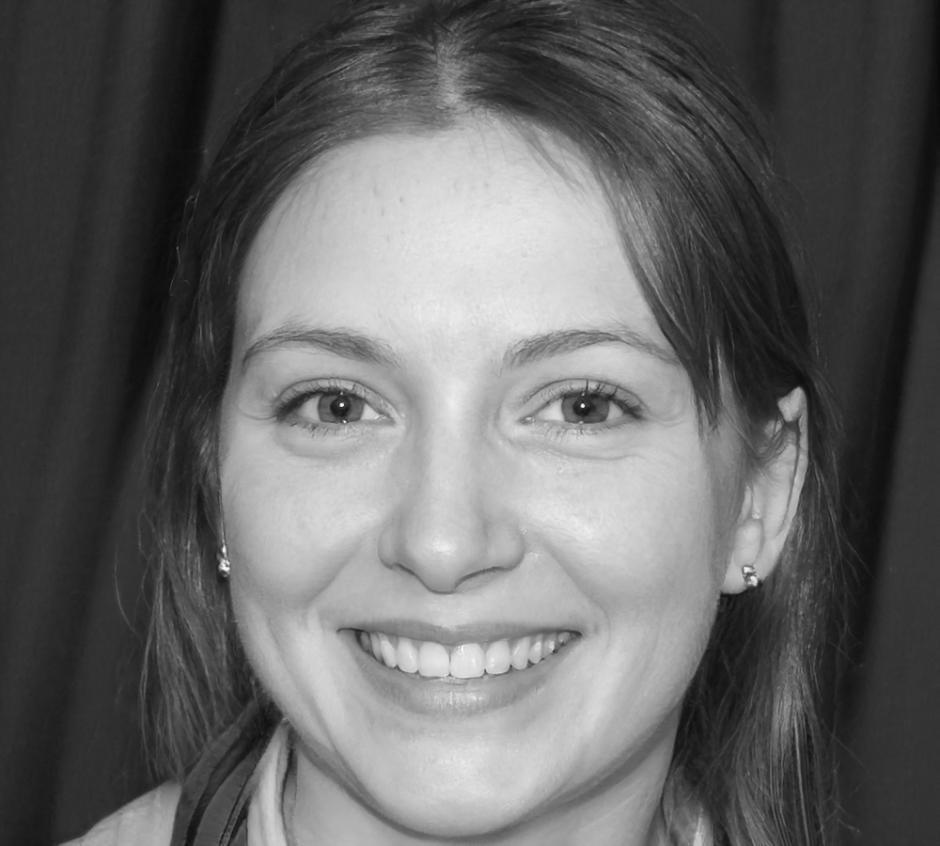Build Real Automation Skills That Actually Matter
Most businesses struggle with repetitive tasks that drain time and resources. Our program teaches you how to build practical automation solutions that solve real problems. No fluff, no unrealistic promises — just hands-on training that prepares you for actual work.
Schedule a ChatLearning to Think in Systems
We don't teach you to follow tutorials. Instead, you'll learn how to look at business processes and figure out what can be automated. It's about understanding the logic behind workflows, not memorizing code.
You'll work with Python, API integrations, and database fundamentals. But more importantly, you'll learn when automation makes sense and when it doesn't. Because not every problem needs a technical solution.
The program runs for six months starting September 2025. Classes meet twice weekly, with plenty of time to work on projects between sessions. You'll finish with a portfolio that shows what you can actually do.

What You'll Cover
Six months broken into practical modules. Each one builds on the last, but you can also jump ahead if something clicks faster for you.
Programming Basics
Python from scratch. Variables, loops, functions. The stuff that actually gets used in real automation projects. We skip the academic theory and focus on practical application.
Working with Data
How to pull information from spreadsheets, databases, and APIs. Then how to clean it up and make it useful. This is where most automation projects live.
Building Workflows
Connecting different systems together. You'll learn how to make software talk to other software, which is basically what automation is all about.
Error Handling
What happens when things break. How to write code that fails gracefully and tells you why. This separates hobby projects from professional work.
Testing Methods
Making sure your automation actually works before it runs on real data. We cover basic testing approaches that prevent embarrassing mistakes.
Portfolio Projects
Final month is all about building things you can show. Real projects that solve actual problems, documented properly so others can understand your work.
Who Teaches This
Our instructors work on client projects during the day and teach in the evening. They bring current problems and solutions into the classroom.

Henrik Dalberg
Lead Instructor
Spent eight years building automation systems for logistics companies. Prefers showing you how to solve problems rather than just explaining concepts.

Sienna Caldwell
Data Integration Specialist
Works with APIs and databases all day. Teaches the practical side of connecting systems without getting lost in technical jargon.

Callum Thorne
Testing Coordinator
Former quality assurance engineer who now focuses on teaching people how to write code that doesn't break in production.

Brynn Ashford
Project Mentor
Helps students during the final project phase. Good at figuring out why code isn't working and explaining it without making you feel stupid.
Investment and Timing
Two ways to join, depending on how much support you need. Both options get you the same curriculum and instructor access.
Standard Track
$3,200
Six month program
- Twice-weekly evening classes
- Access to learning materials
- Group project sessions
- Online support forum
- Portfolio review at completion
Mentored Track
$4,800
Six month program
- Everything in Standard Track
- Weekly one-on-one sessions
- Code review and feedback
- Career guidance meetings
- Extended support for 3 months
Classes begin in September 2025 at our Currumbin Waters location. We keep groups small — usually 12-15 students per cohort. Payment plans are available if you need to spread costs over a few months.